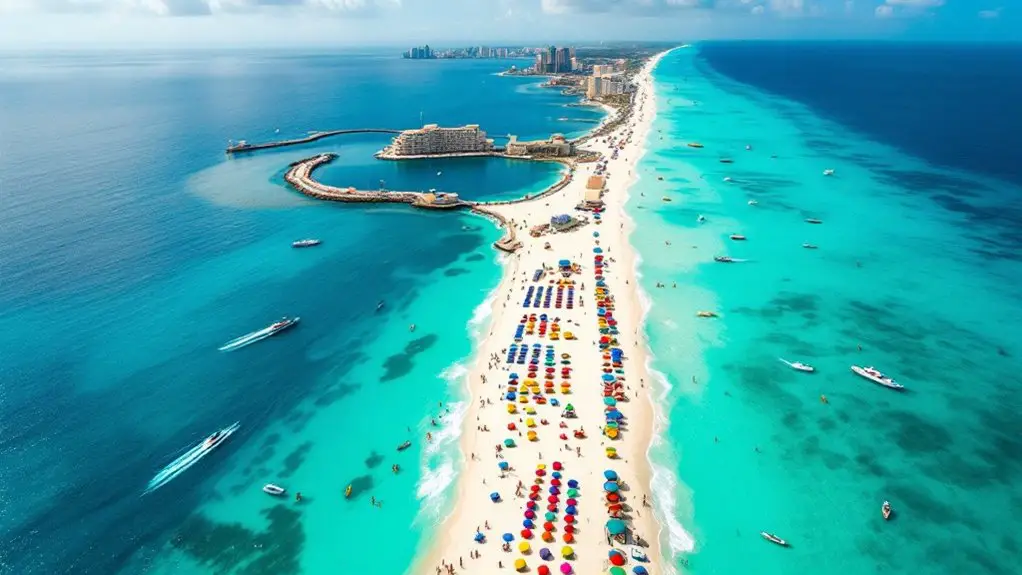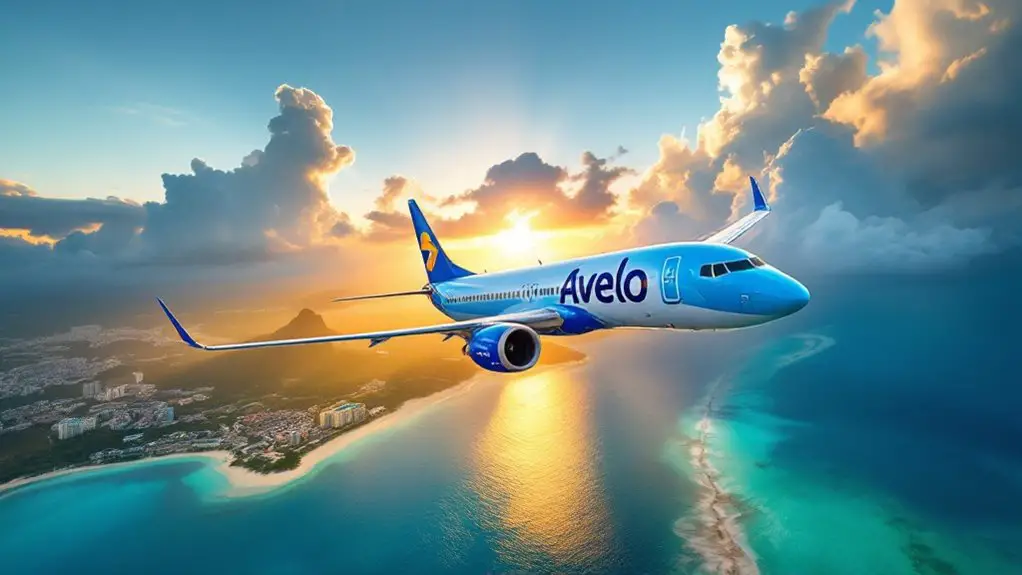How considerably has the global travel landscape transformed in the post-pandemic era? The metrics indicate a robust recovery trajectory with 86% of global business travel buyers and suppliers reporting that travel has met or exceeded pre-pandemic expectations, while TSA throughput has demonstrated a 7% year-over-year increase—quantitative evidence of air travel's resurgence.
This revival coincides with airlines' strategic implementation of artificial intelligence for operational optimization, particularly in capacity planning and forecasting methodologies that accommodate the volatile demand patterns experienced in recent quarters.
You'll find that contemporary travelers are increasingly prioritizing sustainability considerations, as evidenced by the 12-fold efficiency advantage of rail transport over aviation on a per-passenger basis for short-distance journeys. Eurostar services demonstrate a remarkable 97% carbon reduction compared to equivalent short-haul flights.
This environmental consciousness extends to the accommodation sector, where hotels are implementing extensive sustainability policies to align with corporate environmental governance frameworks and guest expectations—a trend concurrent with the integration of AI-powered sleep monitoring systems designed to enhance guest comfort through biometric data analysis.
The convergence of business and leisure travel—denominated as "bleisure"—represents a significant behavioral shift, with 46% of companies acknowledging increased employee interest in this hybridized travel modality. Recent data shows that 50% of travelers plan to incorporate work into their longest trips, a substantial increase from just one-third previously.
This trend is accelerated by the digital transformation pervading the industry, wherein AI tools facilitate personalized itinerary development and real-time adjustments based on traveler preferences and external variables.
Your experience as a traveler in 2025 will be characterized by unprecedented technological integration, as virtual assistants streamline the planning and booking processes through natural language processing algorithms.
Additionally, data analytics is revolutionizing how travel providers understand consumer behavior, enabling them to offer more targeted and relevant services.
The immersive nature of event-driven travel continues to gain traction, with conferences and festivals serving as catalysts for tourism growth in destinations worldwide.
As international collaboration among travel entities intensifies, the resulting alliances will simplify your decision-making process and enhance your overall travel experience through interoperable systems and standardized service protocols.





